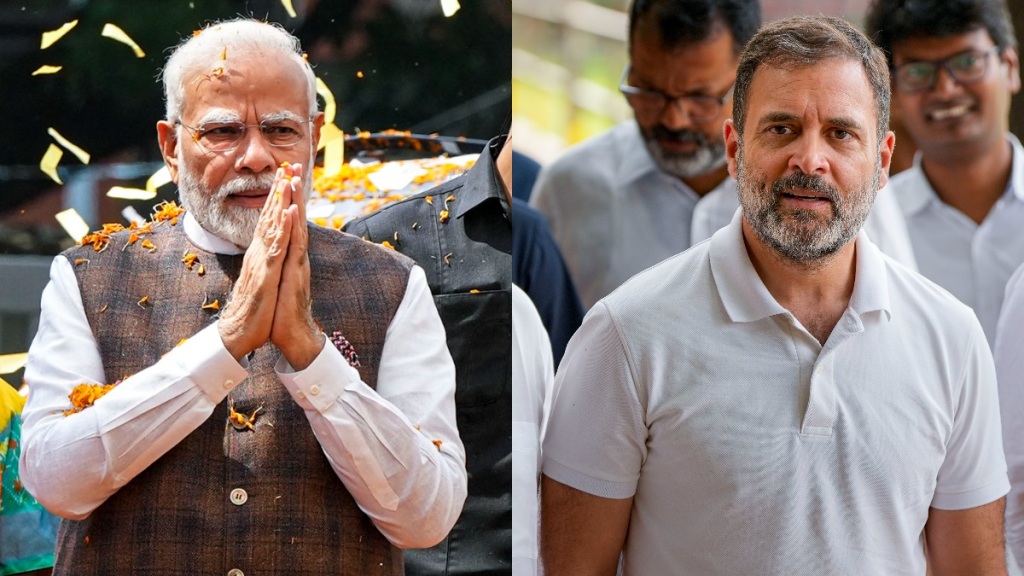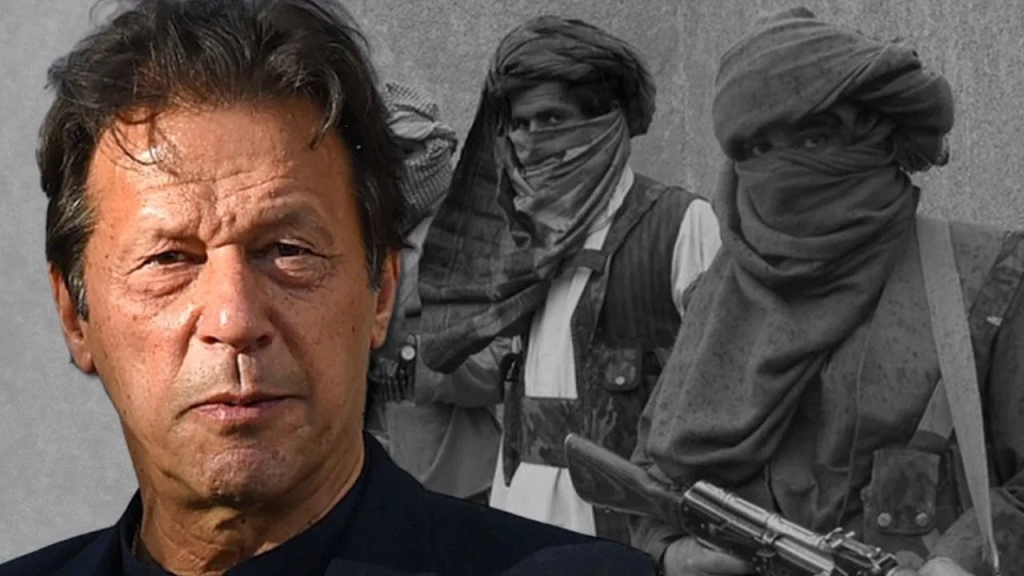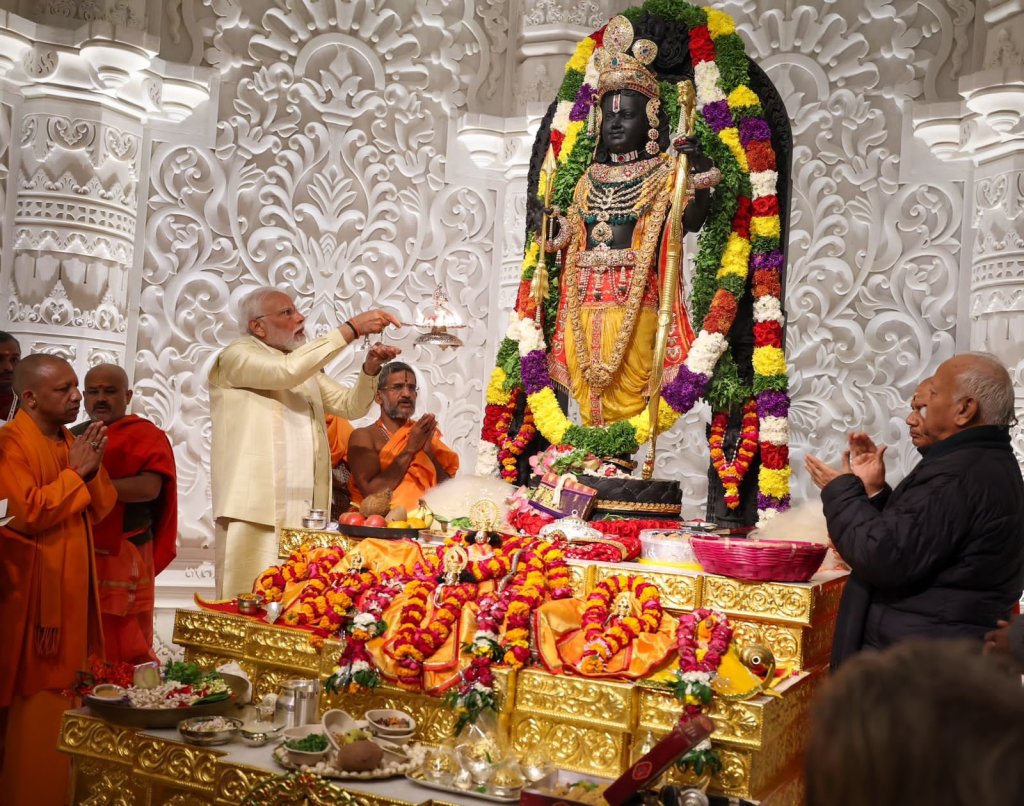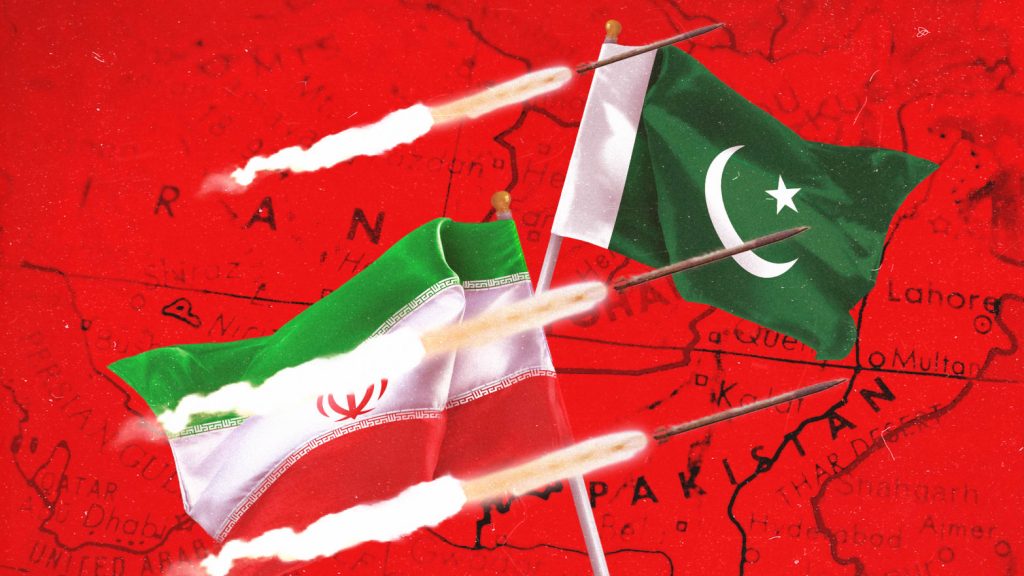Some time ago, a Kannada film star Kichcha Sudeep for some reason which only he knows, raked up an age old controversy in India: what’s the national language of India? What did he say? For this, have a look at Kichcha Sudeep contradicts his own statement on Hindi not being the National Language! Although, I was thinking that the issue would stay burning for some more time, but it died as soon as the marketing for the movies KGF 2 and Runway 34 ended. Quite a coincidence!! Isn’t?
However, I do believe that National Language is an important issue to be aware of. If I were to ask you what takes precedence – Religion or Language? Please do post your views on this in the comments. I believe its the language especially when we have seen instances where Urdu speaking East Pakistan killed somewhere upto 3 million Bengali speakers and raped upto 400,000 Bengali speaking women; irrespective of the religion they followed. If you carefully look at the human history, you will find similar instances where language always took precedence. And that’s why I think Language related issues should not be made fun of, or trolled or should not be sidelined. They need to be addressed before they blow up in the face.
National Language in India has been a source of controversy for as long as we have been independent. Before 1947, even after a fierce opposition from most of the then Congressman including the likes of Purushottam Das Tandon who was considered a protégé of Sardar Vallabhbhai Patel and later became Congress president for a while before Nehru made him resign, Gandhi Ji and Pt. Nehru wanted Hindustani (an artificial language formed using Hindi as core with added Urdu vocabulary as spoken Hindi and Urdu sound pretty much the same) to appease Indian Muslims. I always wondered why Gandhi and Nehru never considered to pacify any other language speakers other than Urdu. There are more than 1500 regional languages in India, but Gandhi and Nehru thought to pacify only Muslims. What about Tamils? Malayalis? Kannadigas? Telugus? Bengalis? or other North East languages? This is one of the many reasons, why I think Indian National Congress was always unfair and biased.
However, the bloody partition engulfed both, the Gandhi and the very thought of Hindustani as a national language. However the issue still remained. The constituent assembly had lengthy debates on what language should be considered a national language. What do you think was the conclusion?
The debates about national language/official language/language to be spoken in parliament/houses were quite lengthy and took into consideration different languages and different aspects. Politicians from different regions speaking different languages put their points regarding why it would be difficult for them to continue working in Hindi as it would be very difficult to learn Hindi at that age for them. At the end of discussions and debates, English quite obviously lost the race as it was not an Indian language and was a language from a country that colonized us. The constituent assembly believed that “we need an Indian language for the process of Nation Building“.
Assembly finally reached a conclusion, here I quote as is from the book India after Gandhi by Ramchandra Guha, Page 120 “The assembly finally arrived at a compromise, the official language of the union shall be Hindi in the Devnagari script; but for fifteen years from the commencement of the Constitution, the English language shall continue to be used for all the official purposes of the Union for which it was being used immediately before such commencement.“
And maybe that’s why the Indian Constitution was handwritten in only two languages; Hindi and English and the business in Indian Parliament was conducted only in Hindi and in some cases English and is still the case. Indian constitution recognizes 22 official languages, meaning the states can conduct their internal business’ in one of these languages. Point to be noted, English is not considered as a regional language in India. The crux is that Hindi is already THE only official language at the center and its administration. The debate on choosing Hindi or not choosing Hindi is useless. This decision was made for us even before many of us alive today were born. So when ever you read something like this:

You know it is fake(incomplete) news written to manipulate its readers.
Having said all that, there is a difference between National Language and Official Language. Official Language(s) is/are the languages that would be used by the government(s) and carries a specific legal standing. National Language is symbolic, it simply in layman terms indicates that there is some sort of connection between the people who associate to one national language.
What is our National Sport? Its Hockey, but its Cricket that is considered like a religion. Did we stop playing or watching other sport because Hockey became our National Sport? Our national fruit is Mango, did we stop growing/eating/selling other fruits? Or does Mango taste different because it is a National fruit? Royal Bengal Tiger is our National Animal, did that mean we get rid of all other animals? Pumpkin is our national vegetable, are we feeding only Kaddu to everyone? Lotus is our national flower, did we turn a blind eye to all other flowers? I am yet to see some body gift a lotus to his/her beloved on valentine’s day.
The people/politicians who claim that making Hindi a National Symbol will kill diversity by eliminating other regional languages are just making a fool out of their audiences and are trying to accomplish their vested interests be it economic or political or otherwise.
The thing is that, for a country as diverse as India where every few kilometers the food, the language, the culture, the customs, the traditions etc. change, we need something that keeps reminding people that we are one. From Kashmir to Kanyakumari and Gujarat to Arunachal Pradesh, irrespective of whatever one says or believes in he/she/it is a part of India.
How do you achieve this? When there is nothing in common between the people how do you make them believe in a nation? Sardar Patel and VP Menon did a commendable job in uniting more than 560 princely states into the Union of India; but it was piece of paper (Instrument of accession) that the Kings/Princes signed. People and their emotions were still unware of the existence of the Union. That was still a work in progress. Unfortunately Sardar Patel died and Congress deep dived in power politics rather than build a nation. As a matter of fact, lot of people like Rudyard Kipling a famous journalist of that time and others including British Prime Minister Winston Churchill had articulated the same feeling that India would split into many pieces as there was nothing in common
Indians proved them wrong. India remained intact ever after, on the other hand Pakistan split into two. What made Indians click? I don’t know. What’s keeping them united I don’t know. But I definitely know one thing, we can not take it for granted. Around 50-60% Indians understand and speak Hindi, whereas all other regional languages fall below 10% speakers. In other terms more than 90% of the Indians wouldn’t understand or relate to any other specific regional language, I think its just commonsense. However, even after all this, if certain regions have taken it as a prestige issue that Hindi shouldn’t be a national language; in my personal opinion, Sanskrit could be a very good alternative for national language. It is not a regional language. Is it? North to South it is exactly the same. As per 2011 census, there were less than 25,000 Sanskrit speakers in India. And I am pretty sure the number would not have increased much, if at all it did increase. So, I guess it would not threaten anyone that their regional language would get extinct because of our national language.
Let me re-iterate the goal for National Language is to reinforce the feeling that we are one, give as an extra anchor to hold on to. It is not supposed to be an official language.
Thank you reading the article, if you liked the article please share it with your loved ones and don’t forget to follow the blog.
Also read:





Leave a comment